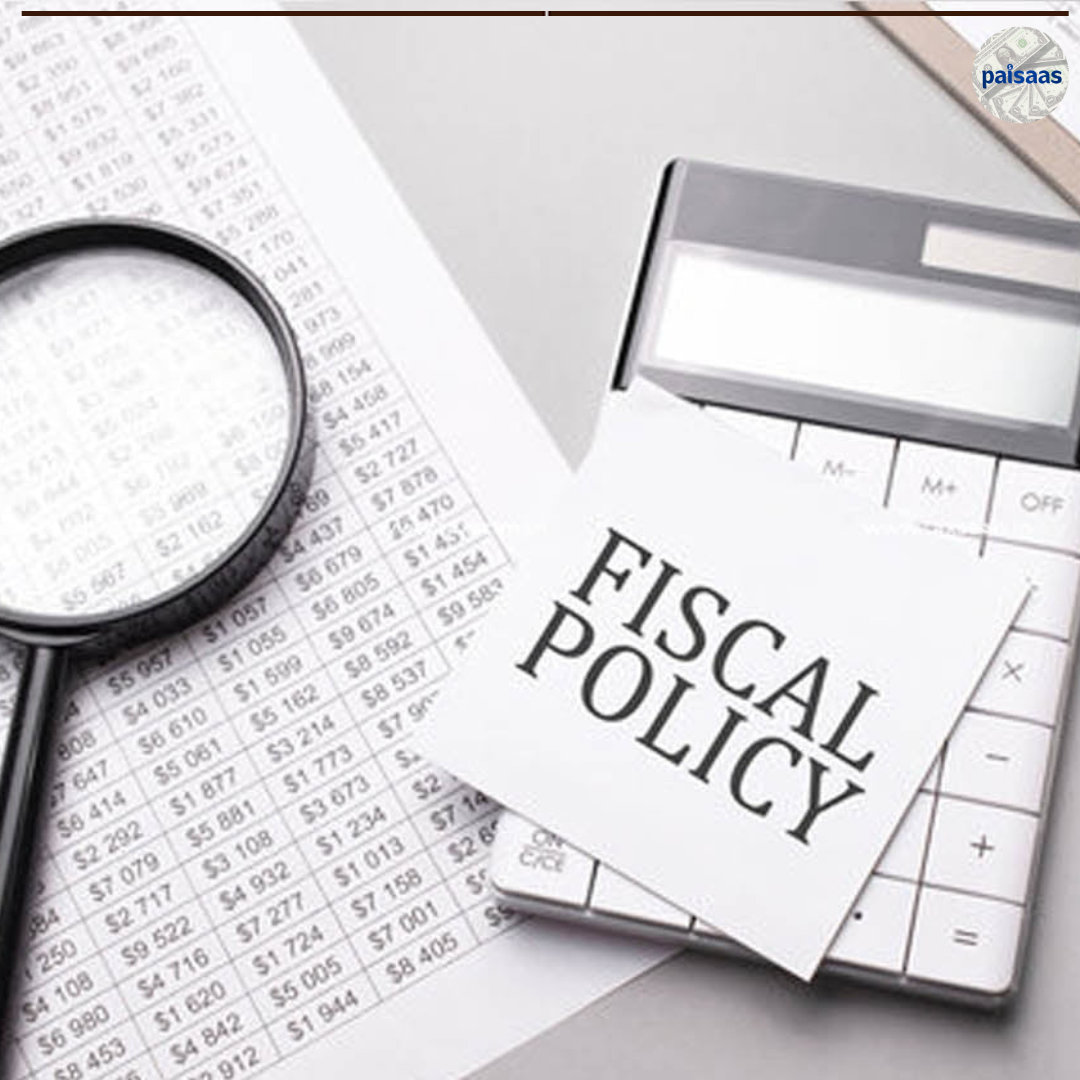

“The Power of the Purse: Exploring Fiscal Policy and Government Spending”
Fiscal policy and government spending are crucial elements of a nation’s economic framework. These tools wield significant influence over economic growth, employment rates, and the overall well-being of citizens. By understanding the intricacies of fiscal policy and the implications of government spending, we can gain valuable insights into the dynamics of the economy and the role of the public sector.
Fiscal policy refers to the use of government spending and taxation to influence the economy. It is an essential tool employed by governments to stabilize economic fluctuations, foster growth, and address socio-economic challenges. By adjusting spending levels and tax policies, policymakers can influence aggregate demand, promote investment, and allocate resources to priority areas.
Government spending plays a pivotal role in fiscal policy. It encompasses expenditures on public goods and services, such as infrastructure development, education, healthcare, defense, and social welfare programs. These expenditures not only impact the quality of public services but also have broader implications for economic activity and societal well-being.
One of the primary objectives of government spending is to stimulate economic growth. Increased public expenditure can create demand for goods and services, which, in turn, drives business activities and employment. For instance, investments in infrastructure projects create job opportunities and facilitate economic development by improving transportation networks, energy systems, and public facilities.
Government spending also plays a significant role in addressing social and economic inequalities. Expenditures on education and healthcare enhance human capital, fostering a skilled workforce and improving overall productivity. Social welfare programs, such as unemployment benefits, income support, and healthcare subsidies, provide a safety net for vulnerable populations and contribute to social stability.
However, the effectiveness of government spending hinges on several factors, including the composition of expenditures, the efficiency of resource allocation, and the sustainability of public finances. It is essential for policymakers to prioritize spending areas that yield the highest returns in terms of economic growth and societal well-being. Additionally, ensuring transparency, accountability, and sound governance in the allocation of public funds is crucial for maximizing the impact of government spending.
Fiscal policy also encompasses taxation as a means to finance government expenditures and manage economic conditions. Taxes enable governments to generate revenue for public spending and address income disparities. By implementing progressive taxation systems, where higher-income individuals contribute proportionally more, governments can promote income redistribution and social equity.
The interplay between fiscal policy, government spending, and economic outcomes is complex. During periods of economic downturns or recessions, expansionary fiscal policies, such as increased government spending and tax cuts, can stimulate demand and boost economic activity. Conversely, during periods of high inflation or overheating, contractionary fiscal policies, such as reduced government spending and increased taxes, can help curb inflationary pressures and maintain economic stability.
Fiscal policy also operates in conjunction with monetary policy, which is managed by central banks. While fiscal policy focuses on government spending and taxation, monetary policy primarily deals with interest rates, money supply, and credit conditions. The coordination between these two policy domains is essential to maintain price stability, promote sustainable economic growth, and manage inflationary pressures.
Conclusion
In conclusion, fiscal policy and government spending are vital instruments in shaping the economic landscape and addressing societal needs. By strategically allocating public funds, governments can foster economic growth, reduce inequalities, and provide essential services to citizens. However, careful consideration must be given to the efficiency and sustainability of government spending, ensuring that resources are allocated effectively and in line with long-term economic and social goals. Through prudent fiscal policies and responsible governance, nations can harness the power of the purse to create prosperous and equitable societies for their citizens.




